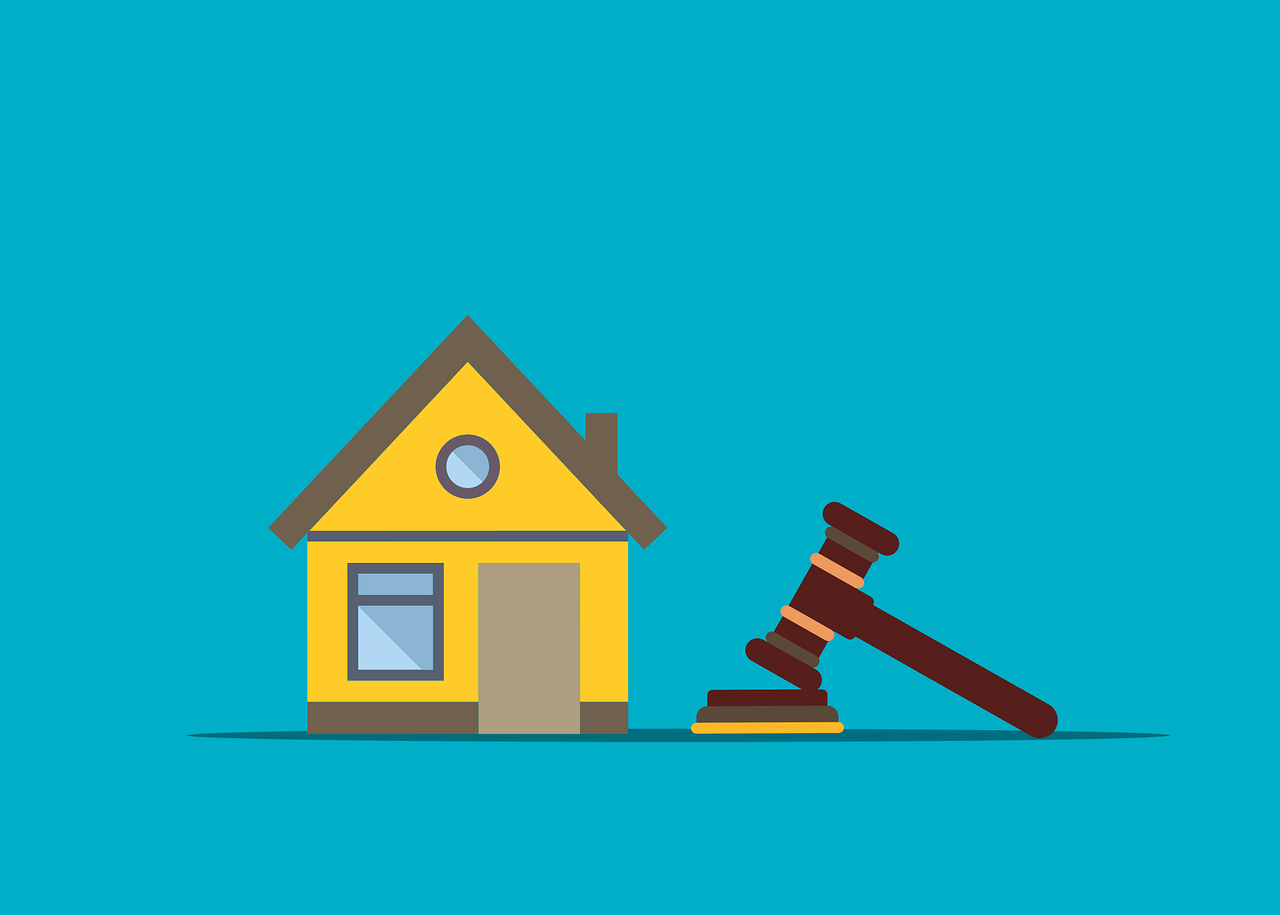Selling by Auction – The Pros and Cons
Auctions can be a very effective method of selling your home, as the buying community knows you’re committed to making an immediate sale. All property types can be sold via auction.
The main difference of an auction is that there’s a time limit on selling negotiations. This create an urgency from prospective buyers if the property is in high demand, resulting in a selling price that’s driven up by competition.
However, if there are only a few people interested in the property, there’s less of a chance that the auction will ‘take off’, meaning a lower selling price. Sellers are also free to consider incoming offers before the auction takes place (with the exception of some mortgagee & deceased estate auctions).
What are the pros and cons of an auction?
Advantages of selling by auction
In an auction scenario, it’s harder for the buying public to determine true market value because it’s difficult to compare other properties when they’re not fully aware of your sale price expectations.
People bidding are buying with terms and conditions determined by you as the vendor.
You as the vendor are protected by the reserve price. You have the opportunity to set the reserve together with the real estate agent after assessing the bidding strength of the potential purchasers. This determined in part by information collated during the open-house inspections.
If the property doesn’t sell at the auction, you’ll be put in direct contact with the most likely buyer and can enter further negotiations.
The property is usually exclusively held by one real estate agent/auction house for a fixed period of time (normally four to six weeks). Marketing is usually intense over this short period of time, with either no price or a possible price range advertised.
An early sale can occur when a buyer feels ‘pushed’ to make an offer to buy the home before the auction day. Usually because they believe competition on auction day will be too fierce.
The sale contract is usually deemed ’unconditional’, meaning the sale will conclude on settlement day rather than waiting for the buyer to receive finance or further inspect the building.
Homes with unique features often do well at auctions as they may attract more competition between bidders.
If more than one person wants to buy the property, the competitive nature of an auction can cause people to bid higher than they originally wanted to spend. This can result in large profits.
Disadvantages of selling by auction
Sometimes, properties are “passed in” on auction day and, despite the owner still intending to sell over the coming weeks, it can upset or eliminate some potential buyers.
Bidding is a fickle process and if, for whatever reason, bidding is slow, this can send an incorrect message about the true value of the home.
Some potential buyers don’t like the competitive nature and immediacy of the auction process and won’t even bid.
Now that auctions are highly regulated, many states require that buyers must formally register. Some potential buyers may not like this process and will not sign up.
Marketing and advertising campaigns for auctions can be quite expensive.
If you’re in a hurry to sell, an auction offers the best chance of selling by a specific date, but there is no guarantee the property will sell or that you will receive the price you desire.
Auctions don’t always necessarily offer you the best sale price, as the winning person only needs to bid marginally higher than their competitors. You’ll never be sure that they offered the maximum amount they were willing to pay.
What are my other selling options?
Private Sale – Once a house has been listed for private sale, prospective buyers can make offers without competition from other purchasers. It’s then up to the seller to choose whether or not to accept each offer or enter into a negotiation process. We will help with negotiation to ensure you achieve your desired outcome.
Sale by Tender or Expressions of Interest – Here, the seller will accept tenders from prospective buyers and consider these various offers at a pre-specified date. Vendors use the spirit of competition to their advantage by inviting secret offers from interested buyers. It allows you as the seller to offer a broad price range.
Consider the following when choosing your method of sale:
The kind of property that you own.
Where the property is located.
The real estate agent that you choose.
Your area’s current real estate market conditions.
The timeframe in which you wish to sell your property.
Your personal beliefs.
Choosing the right method of sale
As mentioned, the best suited method of sale will depend on your property, your property location and the current market.
If you think that an auction may be a good option for your property, we will happily help you determine whether or not auctioning your home is suitable in current market conditions.
Source: https://www.localagentfinder.com.au/blog/selling-property-by-auction-the-pros-cons/



